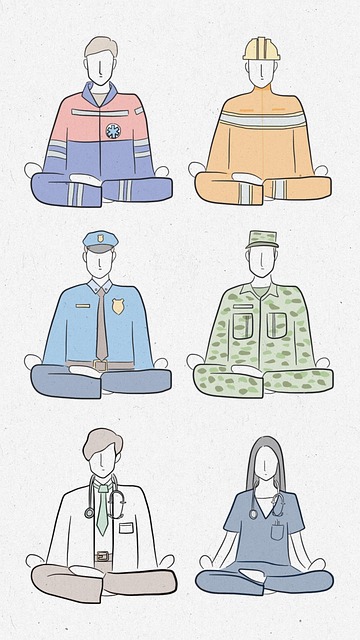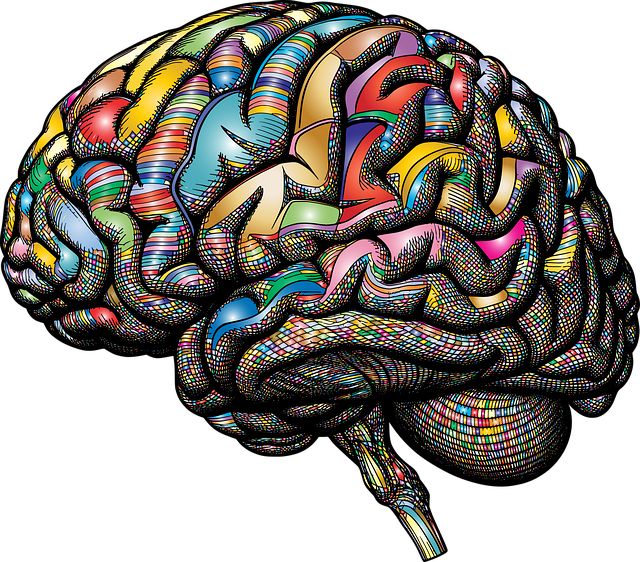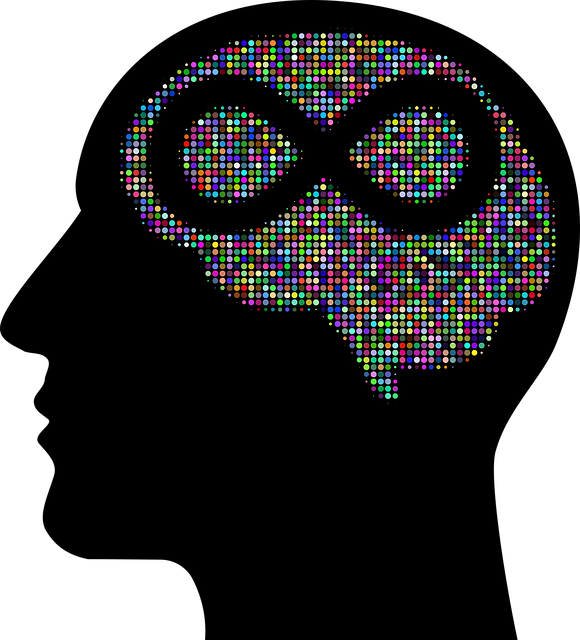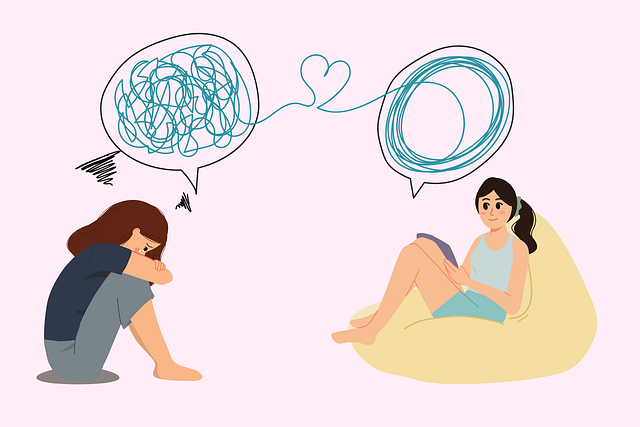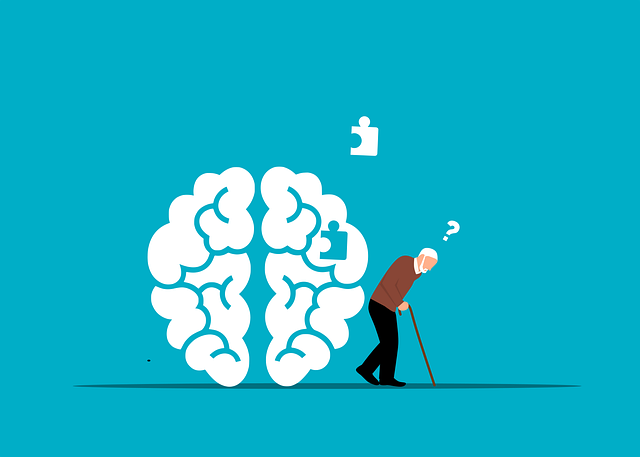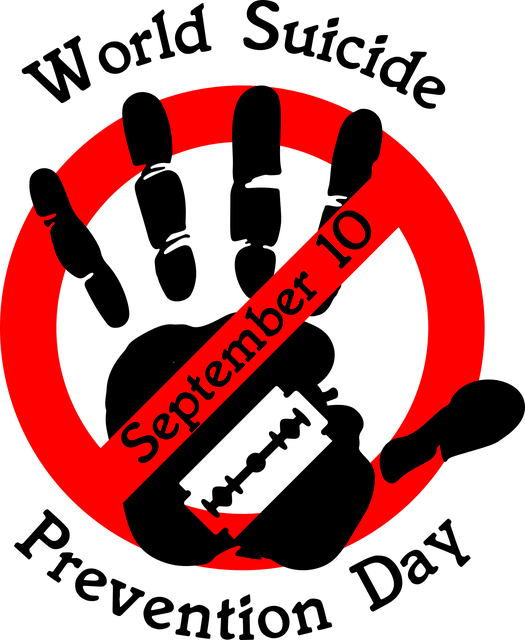Centennial Developmental Disability Therapy (CDDT) emphasizes resilience through the Resourceful Living Model (RFM), integrating social connections, personal skills, and environmental factors. By combining mental health education, stress management workshops, and coping skills development, CDDT equips individuals with tools to manage adversity, enhancing their mental health and quality of life. Early intervention therapy focuses on building lifelong emotional well-being tools, reducing stress, and preventing depression. Creative interventions like mindfulness, expressive arts, dance, music therapy, and nature walks are integrated into risk management planning, promoting active emotional healing and valuable coping mechanisms. RFM exercises, encouraging self-reflection and burnout prevention strategies, empower individuals to adapt to changes and thrive, as evidenced by case studies demonstrating improved mental wellness and social interactions.
Resilience is a key component in fostering well-being, especially for individuals with developmental disabilities. This article explores the power of RFM (Resourceful Functioning Model) and its role in building resilience. We delve into how early intervention can lay the foundation for lifelong resilience, present creative training approaches, offer practical strategies for caregivers and therapists, and share inspiring case studies from Centennial Developmental Disability Therapy, showcasing the transformative impact of RFM implementation.
- Understanding RFM and its Role in Resilience Building for Individuals with Developmental Disabilities
- The Impact of Early Intervention: Setting the Foundation for Lifelong Resilience
- Creative Approaches to Resilience Training: Going Beyond Traditional Therapy
- Integrating RFM into Daily Routines: Practical Strategies for Caregivers and Therapists
- Case Studies: Success Stories of RFM Implementation in Centennial Developmental Disability Therapy
Understanding RFM and its Role in Resilience Building for Individuals with Developmental Disabilities

Resilience is a critical component of overall well-being, especially for individuals with developmental disabilities. Here, RFM (Resourceful Living Model) emerges as a powerful framework in Centennial Developmental Disability Therapy. This model focuses on fostering adaptability and coping strategies, enabling individuals to navigate challenges effectively. By understanding personal resources, strengths, and abilities, one can enhance their mental health and resilience.
The RFM approach integrates various aspects of life, including social connections, personal skills, and environmental factors, into a comprehensive strategy for building resilience. Mental Health Education Programs Design and Stress Management Workshops Organization play a pivotal role in this process. Through these initiatives, individuals learn valuable coping skills (Coping Skills Development) to manage stress and adversity, thereby improving their overall mental health and quality of life.
The Impact of Early Intervention: Setting the Foundation for Lifelong Resilience

Early intervention plays a pivotal role in cultivating lifelong resilience, especially for individuals with Centennial Developmental Disabilities (CDD). By implementing targeted therapy and tailored exercises, professionals can set the stage for emotional well-being promotion techniques that stand the test of time. This proactive approach acknowledges that building resilience isn’t a one-time event but an ongoing process that significantly influences overall mental health.
Resilience-focused therapy sessions, often incorporated into CDD treatment plans, offer valuable tools to navigate life’s challenges. These exercises not only foster stress reduction methods and depression prevention strategies but also empower individuals to cope effectively. Through repeated exposure to safe, controlled environments, participants learn to adapt and bounce back from setbacks, ensuring they possess the emotional resilience needed to thrive throughout their lives.
Creative Approaches to Resilience Training: Going Beyond Traditional Therapy

In recent years, there’s been a growing recognition that resilience isn’t just about overcoming adversity; it’s a dynamic process that can be cultivated and enhanced. Traditional therapy often focuses on healing from past traumas or managing symptoms, but what if we shifted our approach to actively build resilience? This involves not just coping with challenges but thriving in the face of them. For individuals with developmental disabilities, such as those receiving Centennial Developmental Disability Therapy, creative interventions are proving highly effective.
Beyond talk therapy and cognitive reframing, practitioners are integrating diverse methods into their Risk Management Planning for Mental Health Professionals. These range from mindfulness practices to foster emotional regulation, to expressive arts therapies that encourage self-discovery and creative outlets. Such approaches cater to different learning styles and can significantly boost Mental Health Awareness. By engaging in activities like dance, music therapy, or even nature walks, participants engage in active Emotional Healing Processes, building coping mechanisms that extend far beyond the therapy session, making them valuable tools for navigating life’s twists and turns.
Integrating RFM into Daily Routines: Practical Strategies for Caregivers and Therapists

Integrating RFM (Resilience, Flexibility, and Mastery) into daily routines is a powerful strategy for caregivers and therapists supporting individuals with Centennial Developmental Disabilities. By incorporating these principles, professionals can enhance the emotional well-being promotion techniques used in therapy sessions. A simple start is to encourage clients to engage in regular self-reflection, such as Mental Wellness Journaling Exercises, where they document their experiences, challenges, and successes. This practice fosters a sense of mastery by helping individuals identify personal strengths and resilience in navigating daily tasks.
Additionally, therapists can provide practical guidance on burnout prevention strategies for healthcare providers. This may involve introducing flexible scheduling and prioritizing self-care activities within the client’s routine. By modeling and teaching these Emotional Well-being Promotion Techniques, caregivers and therapists empower those with developmental disabilities to build mental resilience, adapt to changes, and ultimately thrive in their daily lives.
Case Studies: Success Stories of RFM Implementation in Centennial Developmental Disability Therapy

In the realm of Centennial Developmental Disability Therapy, the implementation of RFM (Resilience, Flexibility, and Mastery) exercises has emerged as a game-changer in fostering mental wellness among individuals with developmental disabilities. Case studies have shown remarkable success stories where these practices have not only enhanced clients’ resilience but also improved their overall quality of life. For instance, one study highlighted a young adult with autism spectrum disorder who struggled with anxiety and social interactions. Through a structured RFM program, incorporating self-care routine development and mental wellness journaling exercises, the individual learned effective coping strategies to manage their anxiety and engage more confidently in social settings.
The therapeutic journey involved guiding the client to identify personal strengths and resources, fostering flexibility in adapting to changing circumstances, and promoting a sense of mastery over their emotions and behaviors. This holistic approach not only addressed symptoms but also empowered the individual to independently practice self-care routines and maintain mental wellness journals as part of their daily lives. As a result, they experienced improved emotional regulation, enhanced social connections, and better overall functioning in various settings. These success stories underscore the potential of RFM exercises in Centennial Developmental Disability Therapy, providing valuable insights into effective interventions for promoting resilience and mental health.
Resilience is a cornerstone of well-being, especially for individuals with developmental disabilities. The RFM (Resourceful Functioning Model) offers a comprehensive framework to build this vital skill, as evidenced by its successful implementation in Centennial Developmental Disability Therapy. By integrating creative approaches and practical strategies outlined in this article, caregivers and therapists can empower those they support to navigate challenges with greater adaptability and strength. Early intervention plays a pivotal role in setting the foundation for lifelong resilience, making RFM a valuable tool in the pursuit of enhancing overall quality of life for individuals facing developmental disabilities.




